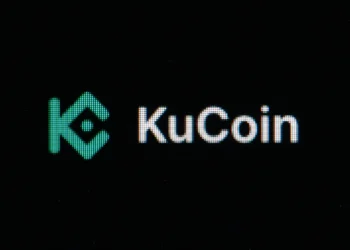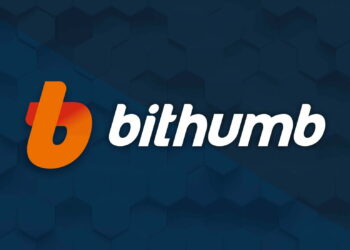Quick Breakdown
- DBA proposes cutting HYPE supply by 45%, targeting emissions and community rewards allocations.
- Institutional backers support the move, arguing it would create more transparent tokenomics.
- Critics warn of risks, saying reduced emissions could limit Hyperliquid’s growth potential.
DBA seeks to reshape HYPE’s tokenomics
Crypto asset management firm DBA Asset Management has proposed a sweeping change to the tokenomics of HYPE, the native token of decentralized derivatives exchange Hyperliquid. The plan would eliminate 45% of the token’s total supply in a bid to strengthen investor confidence.
In a post on X, DBA investment manager Jon Charbonneau, alongside pseudonymous researcher Hasu, unveiled a three-part proposal which includes revoking authorization for all unminted HYPE set aside for future emissions and community rewards, burning all HYPE in the platform’s Assistance Fund and removing the fixed 1 billion HYPE supply cap.
— Jon Charbonneau 🇺🇸 (@jon_charb) September 22, 2025
Charbonneau argued the change would counteract distortions created by fully diluted valuation (FDV) metrics, which currently factor in tokens that have not yet entered circulation.
Market reactions: support and criticism
The move has attracted support from heavyweight institutional investors. Dragonfly’s Haseeb Qureshi backed the idea, calling the nearly 50% community allocation an “amorphous slush fund” that undermines transparent governance.
On the other hand, critics voiced strong opposition. Crypto commentator Mister Todd labeled the plan “a disaster,” warning that emissions are one of Hyperliquid’s most powerful growth levers. Some also argued that Hyperliquid should retain reserves to safeguard against potential regulatory fines.
Charbonneau responded that the proposal does not reduce HYPE’s availability in such scenarios, but rather changes how allocations are accounted for.
Hyperliquid’s rapid growth fuels debate
The proposal comes amid a period of strong momentum for Hyperliquid. In July alone, the platform processed $330 billion in trading volume with just 11 employees, underscoring its operational efficiency.
Meanwhile, Hyperliquid’s newly introduced USDH stablecoin has drawn significant institutional interest. A governance vote to determine its issuer saw participation from Paxos, Frax, Sky, Agora, and Native Markets, with the latter ultimately winning.
Charbonneau highlighted that USDH could significantly enhance Hyperliquid’s long-term revenue, making tokenomics reform even more crucial.
If you would like to read more articles like this, visit DeFi Planet and follow us on Twitter, LinkedIn, Facebook, Instagram, and CoinMarketCap Community.
Take control of your crypto portfolio with MARKETS PRO, DeFi Planet’s suite of analytics tools.”




















